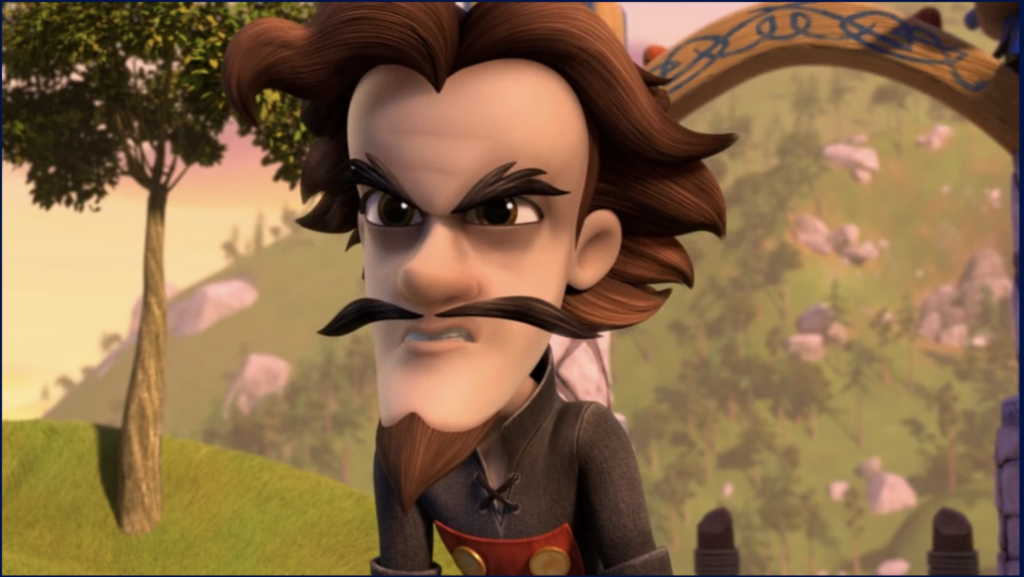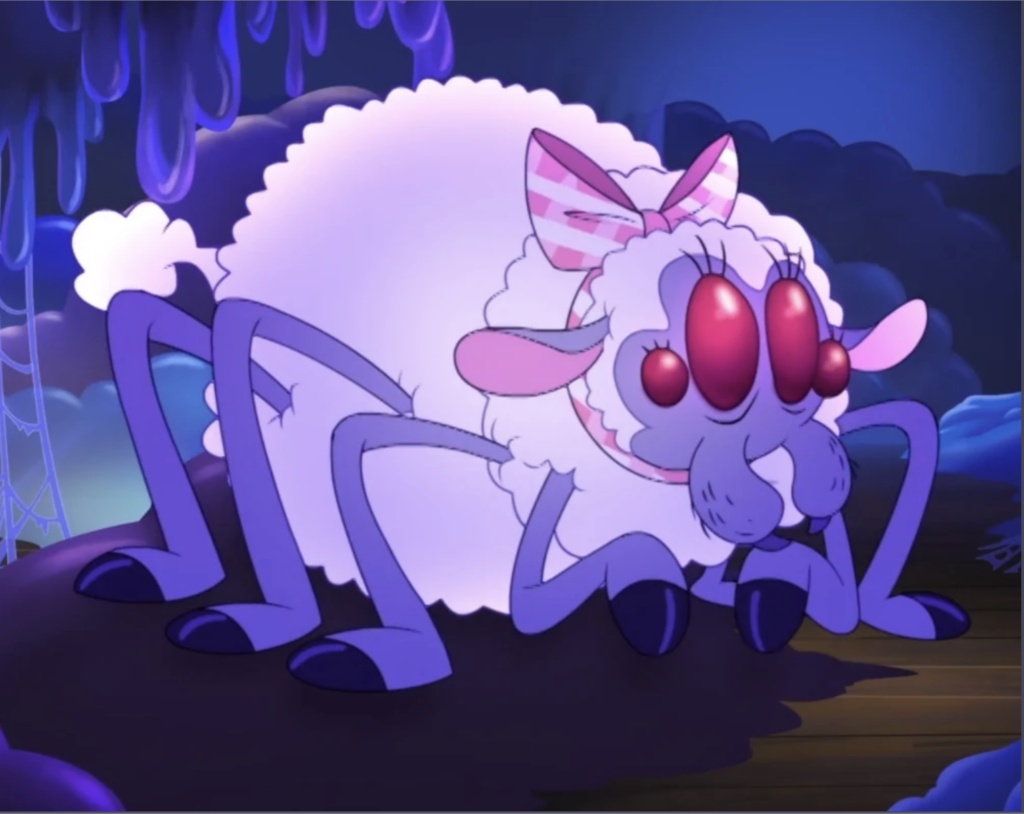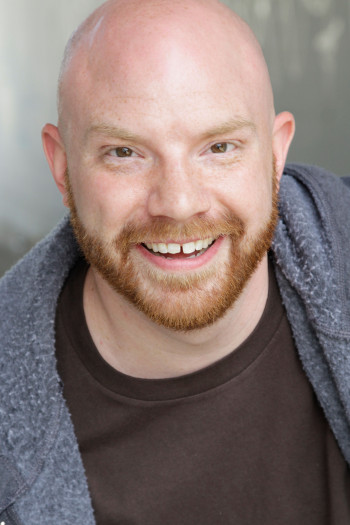You’ve done it! You’ve gotten an amazing voiceover agent. The sound equipment you’ve put together is perfectly suited for your voice and your home studio is an oasis of creativity. After months of commercial auditions, your inbox dings with the opportunity you’ve been waiting for since starting your voiceover journey: an animation audition!
Panic sets in. It has been your dream to audition for animation since you were old enough to know what cartoons were. You run through all the silly voices you can possibly do in your head, but nothing is working. Perhaps they all feel like they are derivative of your favorite voice actors’ performances. The audition is due in the morning…what do you do?!
Fear not. Take a deep breath. Here are some tips to help you self-direct that audition so that when you hit the “send” button on that email, you can rest assured that you gave your best performance.
Good Guidelines for Self-Direction

Stop Trying to Come Up with a “Silly Voice”
The trend in animation lately is to lean into natural voices. Now, that doesn’t mean that you won’t be playing a character. It will be your natural voice at the various extremes – what do you sound like at the peak of joy or the doldrums of depression? Changing your energy rather than changing your voice will do wonders for character creation.
Granted, there are genres and exceptions to that rule- where the characters are a bit zanier and broad- but being too focused on what “voice” you will be performing will distract you from the acting.
Everyone in the world has a couple of crazy voices they can do. What makes you different is that you are an actor, not just a voice machine. Focus on the script, the emotions, and the relationships of the script. Once you have all of those, if you still want to layer on a “crazy voice”, go for it, but only if you can still sustain your emotional range while changing your voice.
Practice and Analyze the Script BEFORE You Record
Take your time with the script. Find out where the jokes are. Read the ENTIRE script if you are provided with the other characters’ dialogue and the action lines. Know what you are reacting to. Find places where you can add “action” noises (Lifting grunts, running, fighting, whispering, etc). Utilize your text analysis skills.
Spend time with the script ahead of time and practice it OUT LOUD. You will find where your stumbling blocks are, and which moments are working in your performance and which moments need to be adjusted. Do this before you step into the booth; do twenty takes, and get frustrated.
Voice Over Text Analysis – Who, What, Where, When, Why, How?

- Who are you? What kind of person/ creature/ thing are you? What is important to you? Who is the character you are talking to, what is your relationship to him/her/it/them?
- What are you doing, what have you done, what do you plan to do, and what’s going on?
- Where are you physically, where are you usually, where would you like to be, and where are you in the telling of the story?
- When is this scene/story/moment taking place and how much time do you have to do whatever it is you’re doing?
- Why are you doing/saying what you are doing/saying anyway? Why aren’t you saying/doing something else?
- How does your character choose to do what he/she/it is doing, and how is that different from how you, yourself, in real life might do it?
- Thinking about the differences between how you might say something and how the character says it will teach you something important about the character.
Put On Two Hats: Actor and Director
When we get an important audition, it is easy to judge ourselves in the moment and nitpick every choice. If you do this, the recording will come off stilted and tentative. The mic will pick up if you are holding back or if you are having fun. So, while you are recording, banish your inner director and just be an actor in the booth. Focus on the performance without judgement.
Then, once you have done a take or two, step out of your booth and listen back.
Listen With a Director’s Ear
You’ve done the hard part. You’ve put out a stellar performance and because you worked on the script, you were able to have fun doing it. Casting directors can always hear when the actor is having fun versus trying to deliver what they think the client wants.
Here are a few objective questions to ask yourself as you listen to your takes:
- Connection – Did I take the character through a dynamic emotional journey? Did I find all the emotional and comedic turns both between and in-between the lines?
- Articulation – Can I understand every word or are there mumbled bits?
- Tone – Was the read and the “voice” consistent throughout?
- Pace – How was my speed? Too fast? Too Slow? Just right?
- Imagination – Did I make bold, interesting choices?
- Sustainability – If I decided to put on a voice, is this something I could maintain for a four-hour session? Or will my voice be destroyed after 10 minutes?
- Style – Did it sound like I was having fun or, if dramatic, did it sound “acted” or real?
If you had some moments that didn’t quite fit all the criteria, record it again. Or just record those few lines that you feel you need to pick up. However, if you do only record pickups, be sure that you are a savvy enough editor so that everything flows, and it doesn’t sound Frankenstein’d together.
Don’t do too many takes. You will get in your head and the flop-sweat will come through in the recording. If you’ve done five takes and still aren’t happy – step away for fifteen minutes. Go for a walk or do something else. Then come back to it fresh.
Double Check Submission Instructions
Once you are happy with your performance, be sure to check the submission instructions before you send your audition. Is your audition labeled properly? Is it in .mp3 format? Have you submitted before the deadline? Is your audition attached to the email?
Click that “send” button and move on with your life. What happens after that is out of your hands. But if you did all the work ahead of time, you can be confident that you put your best performance out into the world.
Happy Auditioning!
Brad Grusnick is a 20-year VO veteran. He can be heard in the video games Diablo IV, Back4Blood, Elder Scrolls Online, Metro: Exodus, Days Gone, Bioshock Infinite, God of War Ascension, Elder Scrolls V: Skyrim, Asura’s Wrath, and more. Brad voices characters in several animated series, including Bear in Underwear and Bunnicula. He is best known as “Magnus Finke” in Dreamworks Dragons Rescue Riders.




